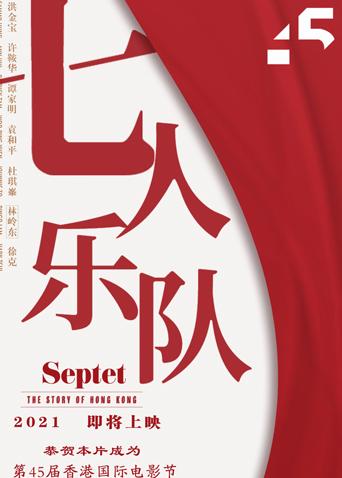 黄渤
黄渤
发表于6分钟前回复 :The Doll is an adaptation of the novel, The Doll (novel) by Bolesław Prus, which is regarded by many as one of the finest Polish novels ever written and, along with Pharaoh (novel), made Bolesław Prus a potential candidate for the Nobel Prize in literature. The influence of Émile Zola is evident, and some have compared the novel to Madame Bovary by Gustave Flaubert; both were Prus's contemporaries. The movie, however, may be more compared to Stendhal's Le Rouge et le Noir, (The Red and the Black).The Doll constitutes a panorama of life in Warsaw between 1878 and 1879, and at the same time is a subtle story of three generations of Polish idealists, their psychological complications, their involvement in the history of the nineteenth century, social dramas, moral problems and the experience of tragic existence. At the same time this story describes the disintegration of social relationships and the growing separation of a society whose aristocratic elite spreads the models of vanity and idleness. In the bad air of a backward country, anti-Semitic ideas are born, valuable individuals meet obstacles on their way, and scoundrels are successful.This poetic love story follows a nouveau riche merchant, Stanislaw Wokulski, through a series of trials and tribulations occasioned by his obsessive passion for an aristocratic beauty, Izabela Lecka, played by the famous Polish actress, Beata Tyszkiewicz.Plot:As a descendant of an impoverished Polish noble family, young Wokulski is forced to work as a waiter at Hopfer's, a Warsaw restaurant, while dreaming of a life in science. After taking part in the failed 1863 Uprising against Tsarist Russia, he is sentenced to exile in Siberia. On eventual return to Warsaw, he becomes a salesman at Mincel's haberdashery. Marrying the late owner's widow (who eventually dies), he comes into money and uses it to set up a partnership with a Russian merchant he had met while in exile. The two merchants go to Bulgaria during the Russo-Turkish War of 1877-78, and Wokulski makes a fortune supplying the Russian Army. The enterprising Wokulski now proves a romantic at heart, falling in love with Izabela, daughter of the vacuous, bankrupt aristocrat, Tomasz Łęcki. In his quest to win Izabela, Wokulski begins frequenting theatres and aristocratic salons; and to help her financially distressed father, founds a company and sets the aristocrats up as shareholders in his business.The indolence of these aristocrats, who secure with their pensions, are too lazy to undertake new business risks, frustrates Wokulski. His ability to make money is respected but his lack of family and social rank is condescended to. Because of his "help" (in secret) to Izabela's impecunious but influential father, the girl becomes aware of his affection. In the end she consents to accept him, but without true devotion or love.(wikipedia)
 赫拉瑞达芙
赫拉瑞达芙
发表于9分钟前回复 :《阴阳师》的作者日本奇幻小说家梦枕貘在1998年创作的山岳小说《诸神的山岭》确定搬上大银幕。原作故事由痴迷世界最高峰“珠穆朗玛峰”的两个男人的人生轨迹为轴展开,讲述了2人不畏艰险勇攀高峰的冒险精神。作者梦枕貘坦言“这部小说终于要拍成电影,但现实问题是,包括导演和演员在内,大家要扛着摄像机爬上喜马拉雅的高山取景,对所有主创来说都是一次前所未有的挑战。”道出了梦枕貘对即将开拍的期待心情。故事讲述了日本摄影家深町诚游逛尼泊尔首都加德满都的黑市时,发现了一部老相机,这部相机与1924年6月8日首次挑战珠峰未果、离奇失踪的英国登山家乔治·马洛里的相机非常相似,为了探寻相机的秘密,深町诚与失踪多年的日本传奇登山家羽生丈二不期而遇,马洛里登顶之谜能否解开?




